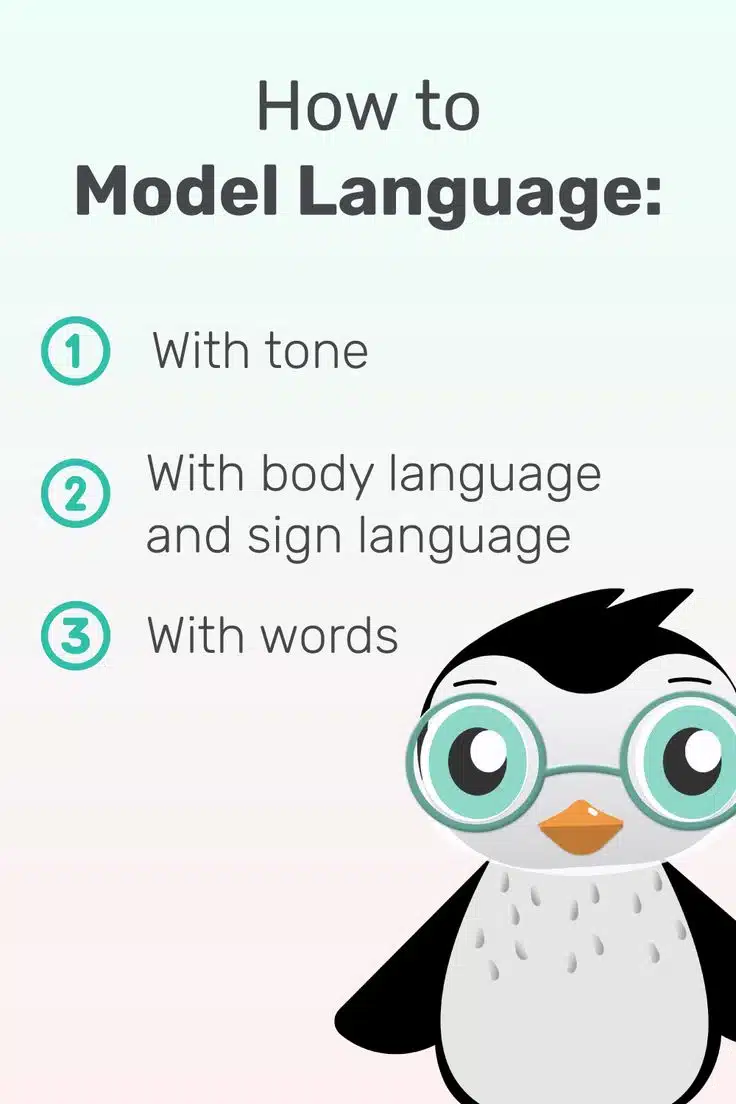Autism policy ensures that individuals with ASD and their families receive the necessary support and services from government agencies, schools, and organizations. Here’s how it works in practice:
- Early detection and diagnosis: Screening programs identify ASD in children at an early age, allowing for early intervention.
- Access to evidence-based interventions: Policies ensure access to interventions like ABA, speech therapy, and occupational therapy, covered by insurance.
- Education and employment opportunities: Schools provide IEPs and employers offer accommodations for individuals with ASD, such as flexible schedules and job coaching.
- Healthcare services: Autism-specific clinics offer comprehensive medical care tailored to the needs of individuals with ASD.
- Social inclusion: Autism-friendly communities create safe and welcoming environments for individuals with ASD and their families.
Autism policy sets standards, supports advocacy efforts, and promotes understanding and acceptance. By implementing effective policies, we empower individuals with ASD to lead fulfilling lives. Goally, a tablet for kids with ASD, offers apps for visual schedules, AAC communication, gamified learning, emotional regulation, executive functioning, and social skills training. It supports independent learning and growth.
This post was originally published on May 3, 2023. It was updated on July 14, 2023.















